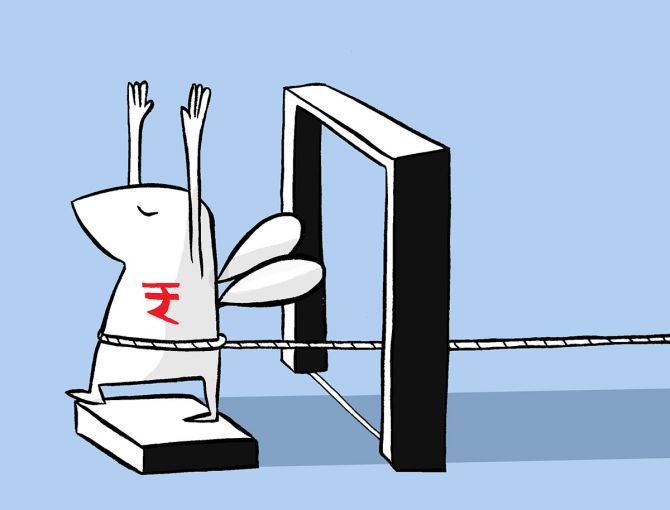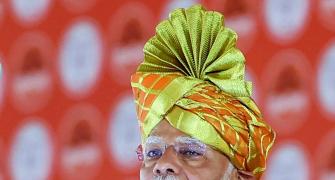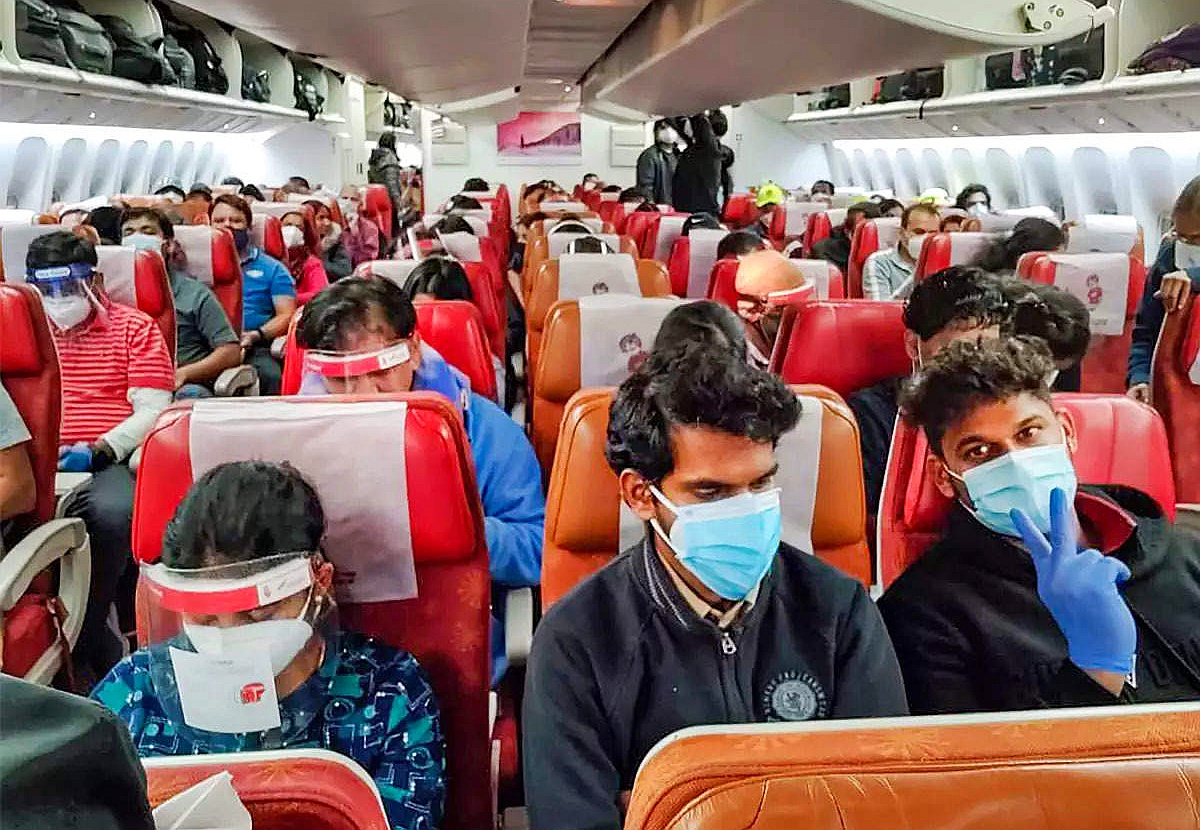Keep track of your foreign remittances to avoid giving incorrect declarations as these could be held against you.

In this year's Budget, the government had announced certain changes to the collection of tax collection at source (TCS) on payments under the liberalised remittance scheme (LRS) and on overseas tour programme packages.
These changes were to take effect from July 1, 2023. In March 2023, the government had further announced that credit card payments would be brought under LRS.
On June 28, 2023, the government postponed the introduction of the revised TCS rates until October 1, 2023.
The latest notifications have brought relief to taxpayers.
"The deferral from July to October 1 will offer relief. Application of 5 per cent TCS till Rs 7 lakh on purchase of overseas tour package will pinch less," says Arvind A Rao, founder, Arvind Rao and Associates.
Deepesh Raghaw, Sebi-registered investment advisor and founder, PersonalFinancePlan says, "People may take the benefit of this relief by remitting money under the head 'LRS for other purposes' by September 30, after which the TCS rate will rise from 5 per cent to 30 per cent."
On June 30, 2023, the government issued a circular offering elaborate guidelines on the TCS issue, whose highlights we turn to next.
On threshold for TCS on LRS
The circular has clarified that the threshold of Rs 7 lakh is a combined threshold for applying to TCS on LRS, irrespective of the purpose (medical, education, others).
Another clarification offered is that though two sets of TCS rates will apply this year, a single threshold limit of Rs 7 lakh will apply to TCS on LRS for the full financial year.
Credit card under LRS put on backburner
No TCS will apply on foreign expenditure through credit cards until there's another order from the government.
Adhil Shetty, CEO, Bankbazaar, says, "There are several practical difficulties in implementing TCS on credit card transactions as they involve several parties. Financial institutions need more time to modify their information technology systems."
Single threshold for all authorised dealers
Authorised dealers (ADs) are the financial institutions through which money is remitted abroad. The circular clarifies that the Rs 7 lakh threshold for LRS is per remitter and not per AD.
A taxpayer could use more than one AD to remit money. The question arises: How will one AD know how much the taxpayer has remitted earlier, to be able to deduct TCS at an appropriate rate?
"ADs have to take an undertaking from the remitter for details of earlier remittances under LRS during the financial year," says Vipul Jai, partner, PSL Advocates & Solicitors.
The onus is on the remitter to provide correct information.
"If false information is provided in the undertaking, appropriate action may be taken against the remitter," says Ankit Rajgarhia, principal associate, Karanjawala & Company, Advocates.
Sellers of overseas tour programme packages also need to take an undertaking from buyers.
Rao suggests that people should keep track of their foreign remittances to avoid giving incorrect declarations as these could be held against them.
Separate threshold for overseas tour package
There is one threshold of Rs 7 lakh for TCS on LRS to become applicable. There is another threshold of Rs 7 lakh for the purchase of an overseas tour package.
The circular clarifies that these two thresholds will apply independently.
Nikhil Varma, managing partner, MVAC Advocates & Consultants, says, "In layman terms, it can be said that TCS is applicable on remittance under LRS, which includes education, medical and other purposes, and separately on purchase of overseas tour programme package."
Scope of remittance for medical, education purposes
There was some doubt regarding the specific expenses that could be included under LRS for medical and education purposes, which the circular has clarified.
Remittance for medical treatment, for instance, shall include the cost of purchase of tickets of the person to be treated medically overseas, and his attendant, for commuting between India and the overseas destination.
It will also include expenses incurred on medical treatment, and other day-to-day expenses.
Similarly, remittance under LRS for education purposes will include the cost of purchase of tickets of the person undertaking study overseas for commuting between India and the overseas destination; tuition and other fees to be paid to the educational institute; and other day-to-day expenses required for undertaking such study.
TCS under LRS will also apply for remote education and medical consultancy.
"If an Indian student is enrolled in a distance learning programme from abroad, TCS under LRS will apply. Similarly, if a patient receives medical advice from a doctor based outside India, TCS under LRS will apply," says Varma.
He further adds that even when a foreign doctor travels to India for a surgery, with the patient bearing the expenses, that would attract TCS.
Vivek Jalan, partner, Tax Connect Advisory, a multi-disciplinary tax consultancy says, "It is qua (qua means in capacity of) the 'spend' and not qua the 'place of spend'."


*TCS rate mentioned in the second column shall continue to apply till September 30, 2023.
Source: CBDT circular dated June 30, 2023.
Feature Presentation: Ashish Narsale/Rediff.com










